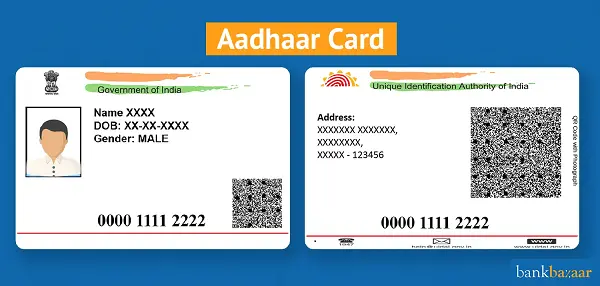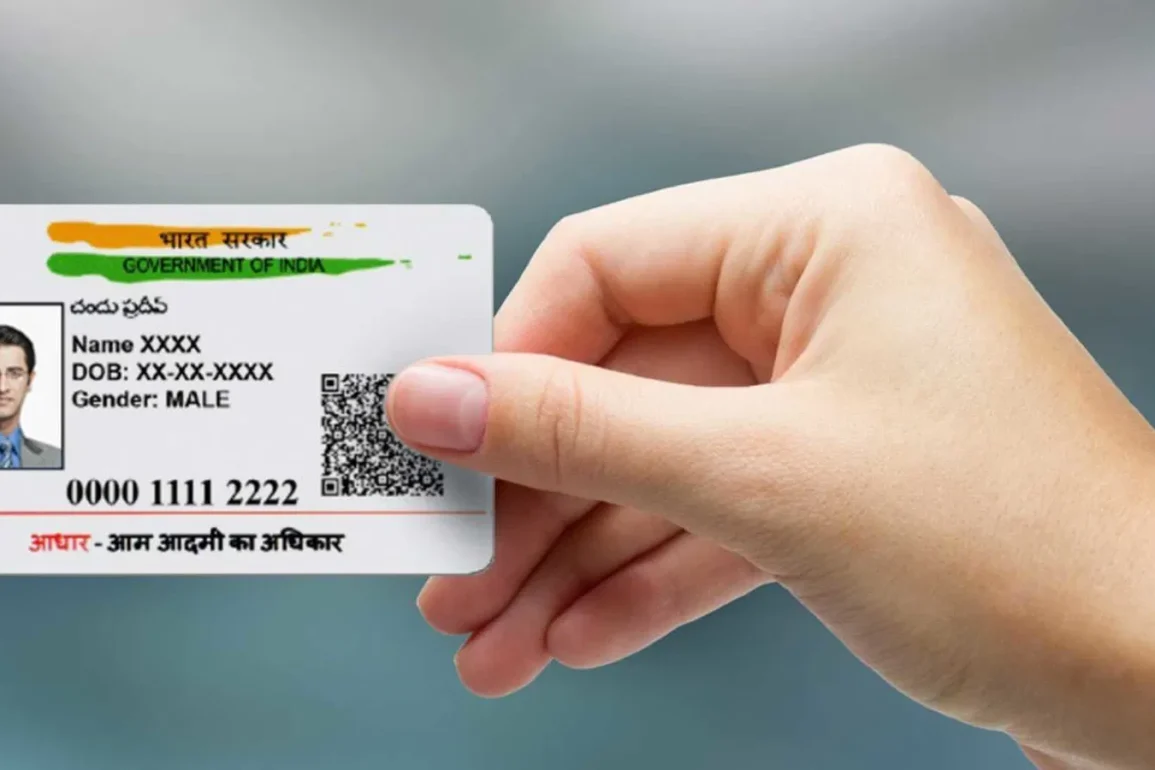In 2009, the Indian government launched the Aadhaar scheme, aiming to provide a unique identification number to every citizen. The idea was to empower individuals with a unique identifier, making it easier to access government services, bank accounts, and other essential amenities. However, as the Aadhaar card became an essential document, concerns around privacy and data protection began to surface. Amidst the debate, it’s crucial to examine whether Aadhaar is a boon or bane for privacy, and what measures can be taken to strike a balance.
The Convenience Factor
Aadhaar has revolutionized the way India conducts business. With over 1.3 billion registered users, it has streamlined the process of availing benefits, filing taxes, and accessing banking services. The unique ID number has enabled seamless transactions, reduced paperwork, and eliminated duplicates. Moreover, it has facilitated easy access to government utilities like LPG gas cylinders, electricity, and water supply. The convenience factor has been a significant driving force behind the widespread adoption of Aadhaar. However, as we explore further, we must carefully weigh the benefits against the potential risks to privacy.
Privacy Concerns

As the Aadhaar database grows, so do concerns around data privacy. Critics argue that the scheme’s reliance on biometric data, including fingerprints, iris scans, and facial recognition, creates an unparalleled risk of personal data breaches. The vulnerability of the database has been a subject of intense scrutiny, with fears of hacking, ID theft, and individual profiling. Additionally, the lack of stringent safeguards and regulatory oversight has added to the anxiety. The importance of privacy in the digital age cannot be overstated, as it’s essential to protect individual autonomy and preserve trust in the system.
Data Security and Regulatory Framework
To address the privacy concerns, the government has introduced measures to strengthen data security and establish regulatory frameworks. The Unique Identification Authority of India (UIDAI) has implemented various security protocols, such as encryption, secure storage, and biometric authentication. Furthermore, the Aadhaar (Authentication) Regulations, 2017, and the Aadhaar (Data Security) Regulations, 2018, emphasize the importance of data confidentiality, integrity, and availability. Although these steps are commendable, more needs to be done to ensure the integrity of the system. Regulatory bodies must continue to monitor and address data breaches, while enforcing accountability and transparency in the Aadhaar ecosystem.
The Way Forward
As we navigate the complexities of Aadhaar and privacy, it’s essential to strike a balance between convenience and protection. The government must prioritize data security, enhance transparency, and establish robust regulatory frameworks to ensure the integrity of the system. Additionally, citizens must be educated on the importance of data protection, and measures must be taken to empower individuals in safeguarding their personal information. Ultimately, it’s crucial to recognize that Aadhaar is just one tool, and its benefits should be weighed against the potential risks to privacy. By striking a balance between convenience and protection, we can harness the power of Aadhaar to transform India’s digital terrain while preserving individual privacy and autonomy.


